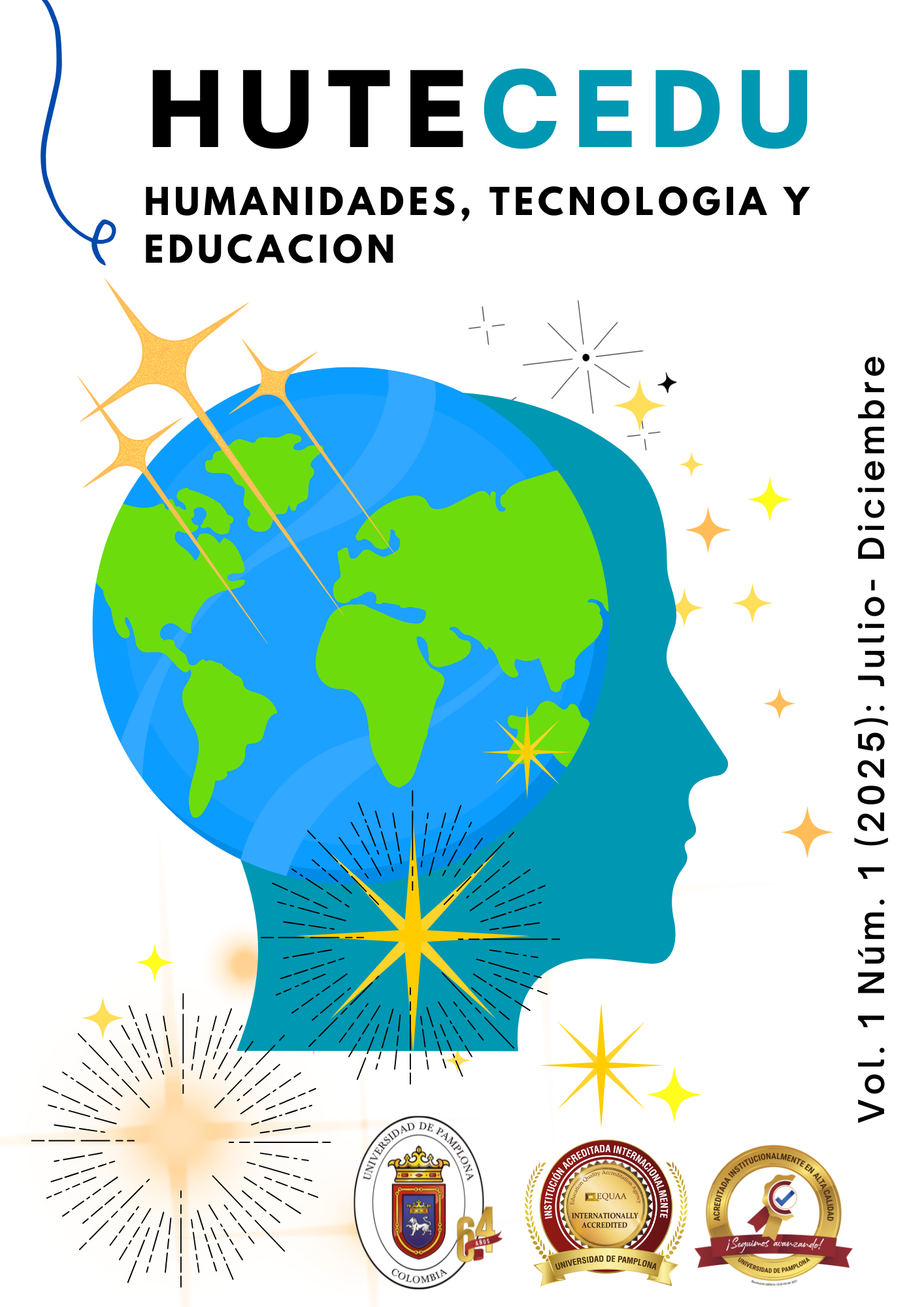Abortion in Colombia: the right to choose
Keywords:
Abortion law, Reproductive rights, Constitutional Court of Colombia, Gender autonomy, social polarizationAbstract
The central objective of the study was to analyze the legal and social evolution of abortion in Colombia based on Rulings C-355 of 2006 and C-055 of 2022, identifying their implications for sexual and reproductive rights. The methodology employed was qualitative, descriptive-interpretative in nature, supported by a documentary review of jurisprudence, academic texts, and social perspectives. The results show that Ruling C-355 of 2006 limited abortion to three specific grounds (risk to the woman’s life or health, nonviable fetal malformation, and pregnancy resulting from sexual violence or incest), while Ruling C-055 of 2022 expanded access by allowing voluntary termination of pregnancy up to the 24th week without prior grounds. This legal transition evidenced progress toward the full recognition of reproductive autonomy and human dignity, but also deepened social polarization. Thus, while the first ruling opened the discussion in a conservative country, the second consolidated a fundamental rights approach. Both decisions, taken together, represent milestones in building a more inclusive legal framework, albeit not free from ethical, political, and cultural tensions.
References
Amnistía Internacional. (2022, 21 de febrero). Colombia: Despenalización del aborto es un triunfo para los derechos humanos. Amnistía Internacional. https://www.amnesty.org/es/latest/news/2022/02/colombia-decriminalization-abortion-triumph-human-rights/
Baena, M. P. (2019, 26 de septiembre). El "delito" absurdo que lleva a muchas mujeres a la cárcel | La Pulla [Video]. YouTube. https://www.youtube.com/watch?v=jouRqmKXU4I
Beltrán y Puga, A., & Bohórquez Monsalve, V. (2022). La política contenciosa y la contramovilización legal conservadora del aborto en Colombia. Derecho PUCP, 88, 41–69.
Bermúdez Merizalde, C. (2009). Doctrina de la iglesia y despenalización del aborto: algunas reflexiones. Persona y Bioética, 9(2). https://personaybioetica.unisabana.edu.co/index.php/personaybioetica/article/view/922
Cardozo Rueda, K. S. (2022). Aplicación de redes neuronales artificiales para el pronóstico de precios de café. REVISTA COLOMBIANA DE TECNOLOGIAS DE AVANZADA (RCTA), 1(39), 113–117. https://doi.org/10.24054/rcta.v1i39.1403
Catecismo de la Iglesia Católica. (1997). Catecismo de la Iglesia Católica (2.ª ed.). Librería Editrice Vaticana. https://www.vatican.va/archive/catechism_sp/index_sp.html
Constitución Política de Colombia. (1991). Constitución Política de Colombia. Asamblea Nacional Constituyente. Diario Oficial No. 44.780. https://www.constitucioncolombia.com/
Congregación para la Doctrina de la Fe. (1987). Donum Vitae: Instrucción sobre el respeto de la vida humana naciente y la dignidad de la procreación. Librería Editrice Vaticana. https://www.vatican.va/roman_curia/congregations/cfaith/documents/rc_con_cfaith_doc_19870222_respect-for-human-life_sp.html
Fernández, C. F., & Pérez, D. (2022, 22 de febrero). Abortos clandestinos en Colombia: un problema de salud pública. El Tiempo. https://www.eltiempo.com/salud/abortos-clandestinos-en-colombia-un-problema-de-salud-publica-653495
Hernández-Sampieri, R., & Mendoza, C. (2018). Metodología de la investigación: Las rutas cuantitativa, cualitativa y mixta (6.ª ed.). McGraw-Hill.
Instituto Guttmacher. (2018). Aborto en el mundo: un panorama general. Guttmacher Institute. https://www.guttmacher.org/fact-sheet/abortion-worldwide
Introducción a la evaluación de capacidades: una revisión teórica. (2020). REVISTA COLOMBIANA DE TECNOLOGIAS DE AVANZADA (RCTA), 2(36), 34-43. https://doi.org/10.24054/rcta.v2i36.18
Juan Pablo II. (1995). Evangelium Vitae [Carta encíclica]. Librería Editrice Vaticana. https://www.vatican.va/content/john-paul-ii/es/encyclicals/documents/hf_jp-ii_enc_25031995_evangelium-vitae.html
López Robles, A. (2022). Activismo hashtag y disputas por el sentido social en Twitter: El caso de la despenalización del aborto en Colombia. Global Media Journal México, 19(36), 148–169. https://doi.org/10.29105/gmjmx19.36-473
Madera Arias, N., & Urzola Berrío, H. (2018). El aborto en Colombia: la inconstitucionalidad de la despenalización y legalización más allá de los presupuestos jurisprudenciales. En I. Rodríguez & J. Enamorado (Comps.), Panorama jurídico y sociojurídico de los derechos humanos, sociales y ambientales (Tomo I, pp. 87–119). Ediciones Universidad Simón Bolívar.
Organización Mundial de la Salud (OMS). (2017). Abortos sin riesgos: Guía técnica y de políticas para sistemas de salud (2.ª ed.). OMS. https://apps.who.int/iris/handle/10665/260543
Sentencia C-355/06. (2006, 10 de mayo). Corte Constitucional de Colombia. Magistrados ponentes: Jaime Araújo Rentería y Clara Inés Vargas Hernández. https://www.corteconstitucional.gov.co/relatoria/2006/c-355-06.htm
Fortalecimiento de la lectura crítica en inglés a estudiantes de grado quinto a través de un recurso educativo digital. (2022). REVISTA COLOMBIANA DE TECNOLOGIAS DE AVANZADA (RCTA), 2(40), 160-170. https://doi.org/10.24054/rcta.v2i40.2370
Sentencia C-055/22. (2022, 21 de febrero). Corte Constitucional de Colombia. Magistrados ponentes: Antonio José Lizarazo Ocampo y Alberto Rojas Ríos. https://www.corteconstitucional.gov.co/Relatoria/2022/C-055-22.htm#:~:text=Aborto.,prevista%20en%20el%20inciso%20anterior%E2%80%9D
Supreme Court of the United States. (2022). Dobbs v. Jackson Women’s Health Organization, 597 U.S. ___ (2022). https://www.supremecourt.gov/opinions/21pdf/19-1392_6j37.pdf
Vásquez Ruiz, L. y Caicedo Villamizar, S. (2024). Conflicto y Paz: Acercamiento al Perdón en Colombia. Revista Ciudad Paz-ando, 17(2), 39-50. doi: https://doi.org/10.14483/2422278X.22559
Downloads
Published
Issue
Section
License
Copyright (c) 2025 Humanities, Technology and Education Journal

This work is licensed under a Creative Commons Attribution-NonCommercial 4.0 International License.









